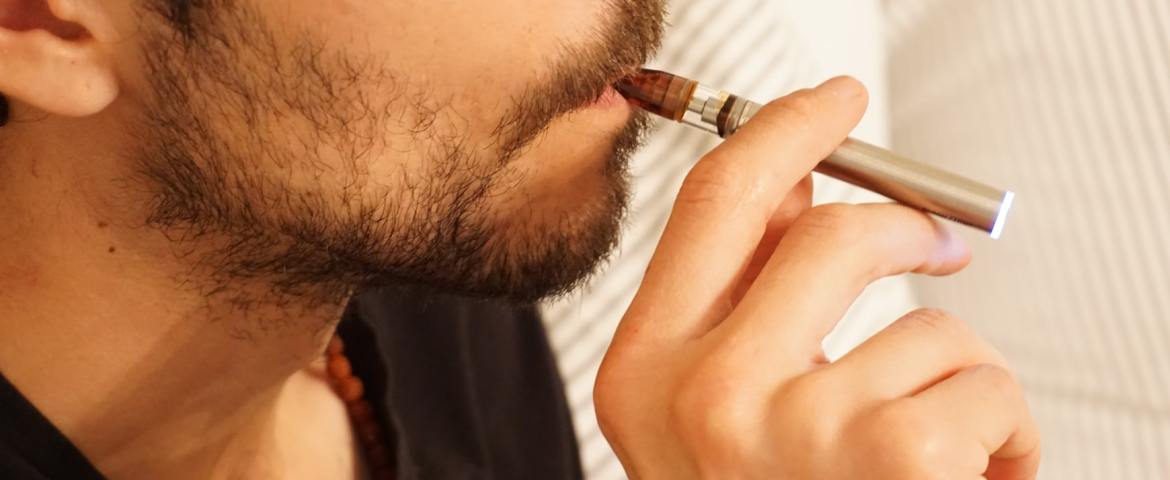
Testimony to Oppose LD 1693
Testimony in Opposition to LD 1693, “An Act To Advance Health Equity, Improve the Well-being of All Maine People and Create a Health Trust”
Senator Claxton, Representative Meyer, and the distinguished members of the Committee on Health and Human Services, my name is Nick Murray and I serve as policy analyst for Maine Policy Institute, a nonpartisan, non-profit organization that advocates for individual liberty and economic freedom in Maine. Thank you for the opportunity to testify on LD 1693.
This bill would simply create another bloated government board to fund duplicative state efforts, using regressive taxation and regulatory policy to do it. Under this bill, about 20% of tobacco and forthcoming opioid settlement funds would become essentially a “health equity” slush fund to finance pet projects to benefit select constituencies, agencies, and programs. Of course, these projects remain to be determined by yet another appointed board made up of politicians and interest group representatives.
Why not use the settlement money for uses we have already committed to, like funding MaineCare, instead of finding more and more ways to expend public funds? We have enough issues with sustainably funding current projects. This would open the door to more potentially wasteful endeavors.
As for a ban on certain tobacco products, as we have seen in Massachusetts, this policy will do very little to affect overall demand or use rates in Maine, but it will very likely redistribute tax revenue to New Hampshire.
In June 2020, Massachusetts implemented its ban on flavored tobacco products, and a report from the state’s Illegal Tobacco Task Force for fiscal year 2020 (FY20) found that tobacco excise tax revenue from cigarettes fell nearly $30 million (5.7%); revenue from sales of other tobacco products (OTP) fell by 7.7% year-over-year.
Even though the state instituted a new 75% tax on e-cigarette products in the bill, OTP excise tax collections fell by $3.5 million (8.5%) from FY19 to FY20. While this reduction in revenue is less than what was predicted last year, this new policy undoubtedly stifled Massachusetts tobacco sellers’ ability to maintain low prices for their customers.
Clearly, the ban and heightened tax did not deter Massachusetts tobacco users, they merely switched to a different, unflavored product, or they drove over the border to find their preferred flavored product. The proof is in the data.
The New England Convenience Store and Energy Marketers Association (NECSEMA) tracked the effect of this policy on the regional market between June and December 2020, compared to the same period in 2019. They found that total cigarette sales in New Hampshire jumped 46%. Menthol cigarette sales grew by 90%, and sales of mint/wintergreen smokeless tobacco more than doubled in the Granite State, all while cigarette sales fell nearly 24% and overall sales at convenience stores fell 10% in Massachusetts.
Today, Maine’s cigarette tax is tied for the 16th-highest in the nation. If this bill were to pass, it would double the tax and bump us up to the 5th-highest in the country, behind only DC, New York, Rhode Island, and Connecticut.
No one disputes the scientific fact that smoking is detrimental to health and causes cancer, but this bill would do little to curb smoking rates among adults who are addicted to cigarettes. Instead, it would largely hurt those individuals. Smokers are largely low-income earners. According to federal Centers for Disease Control and Prevention data, about 17-18% of Mainers are current smokers, but this skews heavily for those making less than $50,000 per year in income, as shown in the graph below.
As for the argument that e-cigarette and tobacco products are not sufficiently regulated, this committee should be aware of the extent to which the FDA oversees the emergence of new products into the market. A legal memo submitted by the FDA to a federal judge in December 2021 outlined the agency’s premarket application process for tobacco products. This process is how FDA determines which products meet the high burden of proof for being considered “appropriate for the protection of the public health.” The memo showed that, out of applications for 6.5 million products submitted by the September 2020 deadline, just three were granted access to the market.
Sin taxes and excise taxes are some of the most regressive policies. Maine has already done much to advance the goal of tobacco use education. We do not need another bureaucracy to duplicate those efforts. Please deem LD 1693 “Ought Not To Pass” and spare low-income Mainers from the brunt of this misguided policy. Thank you for your time and consideration.
Photo: Elsa Olofsson https://cbdoracle.com/news/
